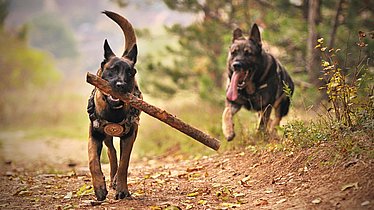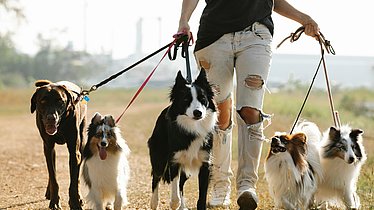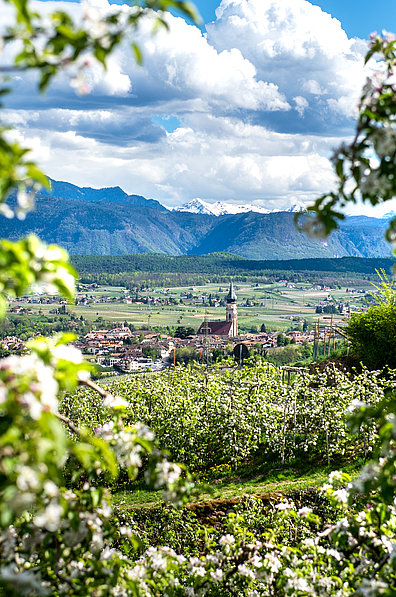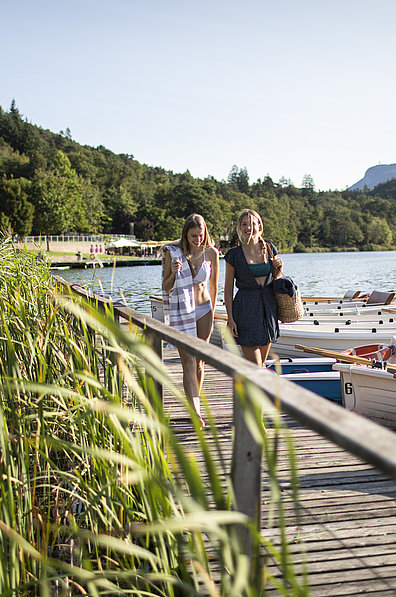Hauptmenü
Eppan
-
Eppan
- Eppan on the wine route
- Eppan live
- Eppan lives sustainability
Eppan
Hauptmenü
Experience
-
Experience
- Weekly program
- Hiking
- Biking
- Sports & leisure
- Castles in Eppan
- Lakes & nature
Experience
Experience
Hauptmenü
Accommondations
-
Accommondations
- Search & book accommodations
Hauptmenü
Wine & Pleasure
-
Wine & Pleasure
- Wine & pleasure
Hauptmenü
Events
-
Events
- Events in Eppan
Hauptmenü
Contact & Info
-
Contact & Info
- Information
Contact & Info
How can we help you?
How can we help you?
- Home.
- Mindful in Eppan.
- Mindful with dogs
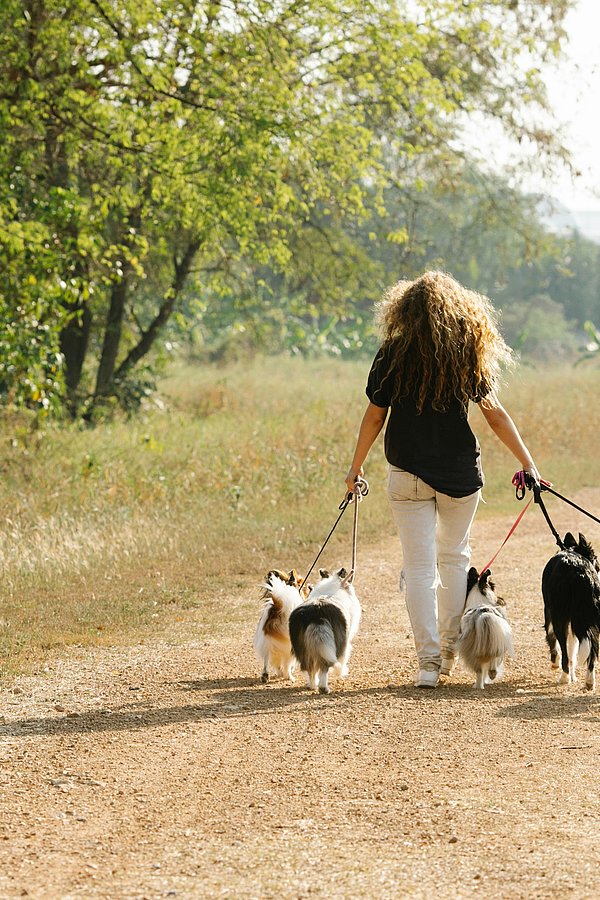
Mindful...
... with dogs
Dogs are welcome companions on nature walks and in public squares. However, it's important to be considerate of other visitors and adhere to local regulations. This includes keeping dogs on a leash in protected areas, cleaning up after them, and avoiding excessive noise. Responsible behavior ensures a harmonious coexistence between people and animals.
Important Information for Dog Owners:
- Entry Requirements: To enter Italy/South Tyrol with your dog, an EU pet passport, a compliant microchip, and a valid rabies vaccination (administered at least 21 days prior) are required. Puppies under 15 weeks old are not permitted to enter.
- Leash and Muzzle: In South Tyrol, dogs must be kept on a leash. Additionally, carrying a muzzle is mandatory, as it's required on many public transport services and cable cars.
- Public Transport and Cable Cars: Dogs are allowed on public transport and cable cars if they wear a muzzle and are leashed. For dogs over 5 kg, a full ticket fare may be required. Some cable car operators may have specific fees.
- Waste Disposal: To protect the environment, dog waste bag dispensers are available in various locations. Please use designated bins for disposal and avoid using general waste containers.
- Public Areas: In certain places, such as playgrounds, schoolyards, and cemeteries, dogs are not allowed, as indicated by signage. Entering private properties or using them as dog toilets is prohibited.
- Safety in Alpine Pastures: Grazing animals may perceive dogs as threats. Always keep your dog on a leash and at a distance. In case of an attack, release your dog; instinctively, it will run away.
- Encounters with Wildlife: During walks in forests or along meadows and vineyards, always keep your dog leashed. Many wild animals, like deer, foxes, or hares, can be disturbed or harmed by free-roaming dogs. It's especially important to be cautious in the early morning and evening hours when wildlife encounters are more likely.
- Museums and Cultural Sites: To protect cultural assets and respect other visitors, dogs are generally not permitted unless explicitly stated otherwise. Please check specific regulations before your visit.
- Restaurants: Many restaurants and mountain huts welcome dogs, while others may have restrictions or not allow them at all. It's advisable to inquire in advance, as there is no uniform regulation. Many hotels offer special packages for holidays with dogs.
